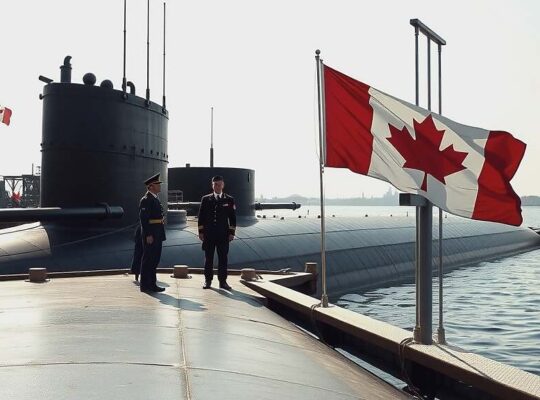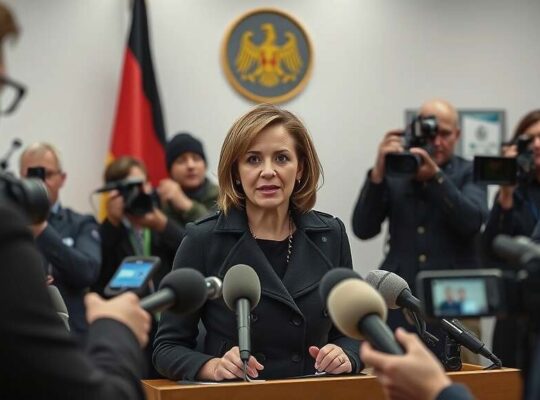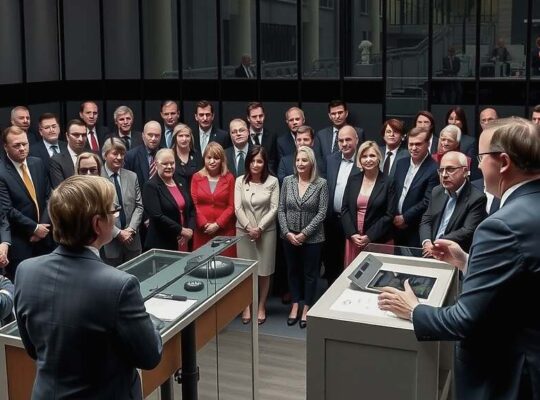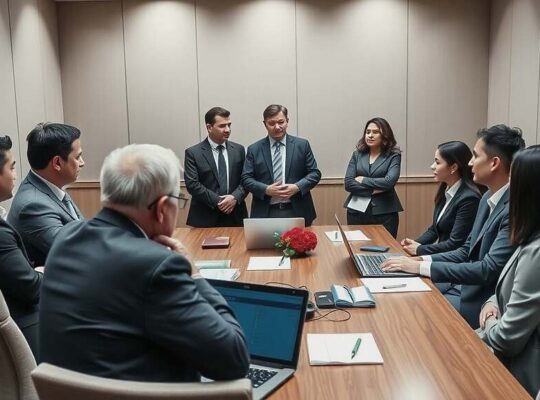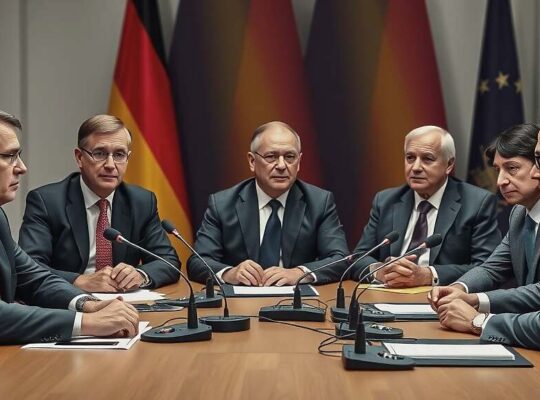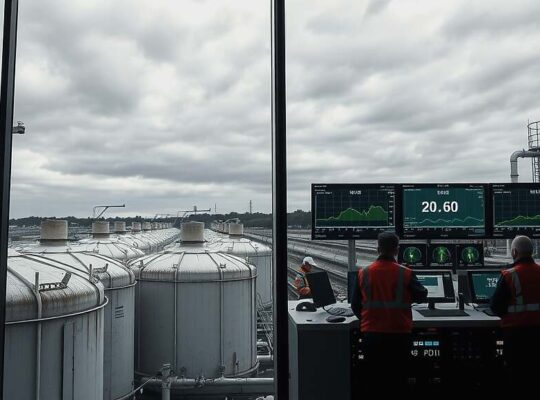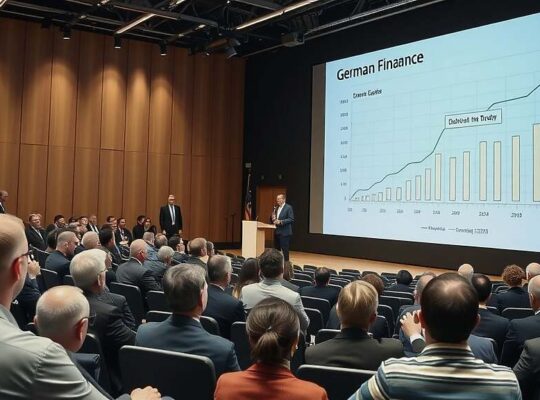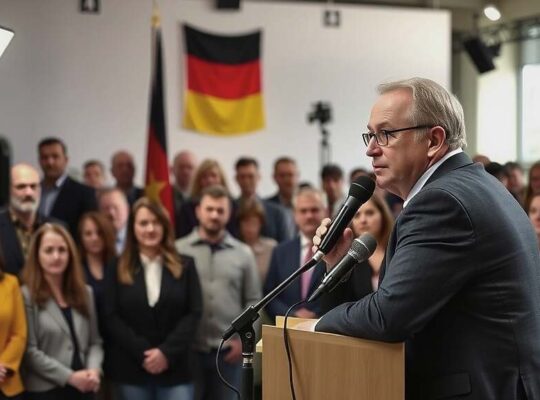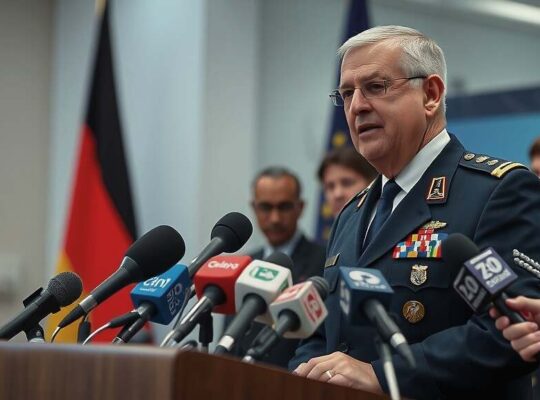Berlin – A meeting between German Chancellor Friedrich Merz and Chinese Premier Li Qiang at the recent G20 summit has been characterized by the German government as “constructive and open” though simmering tensions beneath the diplomatic pleasantries are increasingly apparent.
According to Sebastian Hille, Deputy Government Spokesperson, the discussions encompassed market access, trade-related issues, the vital resource of rare earth minerals and international trade regulations. Chancellor Merz has indicated his intention to travel to China to pursue these matters further, with a formal announcement regarding the trip’s timing forthcoming.
However, the meeting’s significance lies not solely in the planned visit but in the direct appeal made by Premier Li Qiang during the bilateral encounter. According to reports from Beijing’s state media, Li urged the German government to adopt a “rational and pragmatic” approach towards China, explicitly calling for the removal of “obstacles and pressure” hindering the advancement of bilateral relations. The Premier further emphasized the importance of focusing on “common interests” – a subtle but pointed message aimed at tempering Germany’s increasingly cautious stance.
This call from Beijing underscores a growing divergence in perspectives. While the German government publicly portrays the summit meeting as positive, the underlying pressure from China reveals a desire to regain footing in a market increasingly wary of Beijing’s geopolitical ambitions. Germany’s shift towards a more critical assessment of China, driven by concerns over human rights, trade imbalances and strategic alignment, has demonstrably irked the Chinese leadership.
Analysts suggest Li’s remarks are a strategic maneuver designed to preempt stricter German policies and potentially influence Berlin’s approach to ongoing trade negotiations. The forthcoming visit by Chancellor Merz, while officially framed as a move towards continued dialogue, is now seen by some as a crucial moment for Germany to navigate the complexities of its economic relationship with China-a relationship increasingly defined by both opportunity and risk. The success of this visit will hinge on Germany’s ability to balance economic interests with growing concerns regarding China’s global influence and adherence to international norms.



